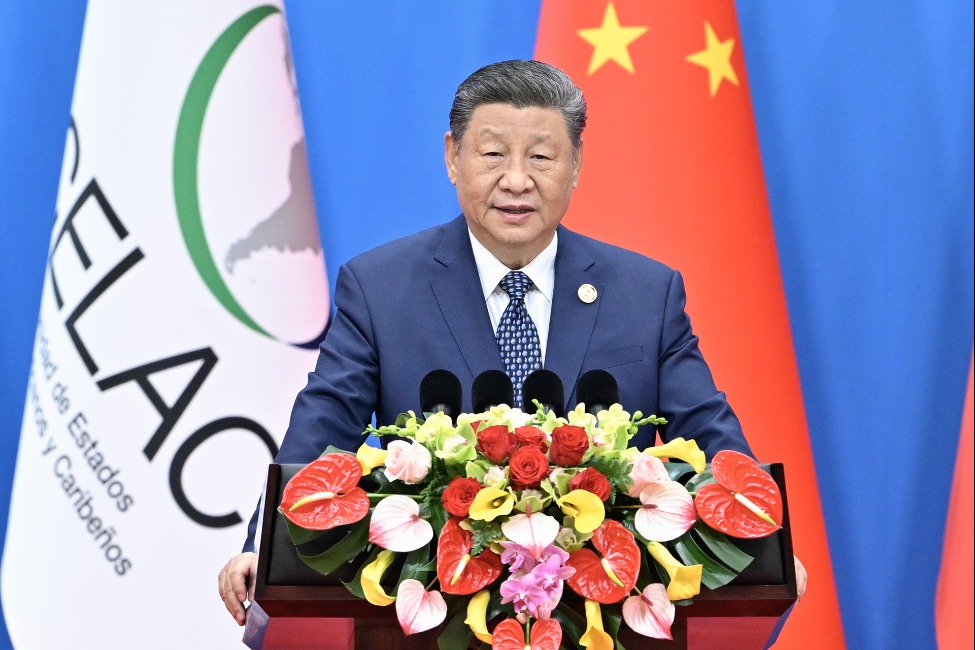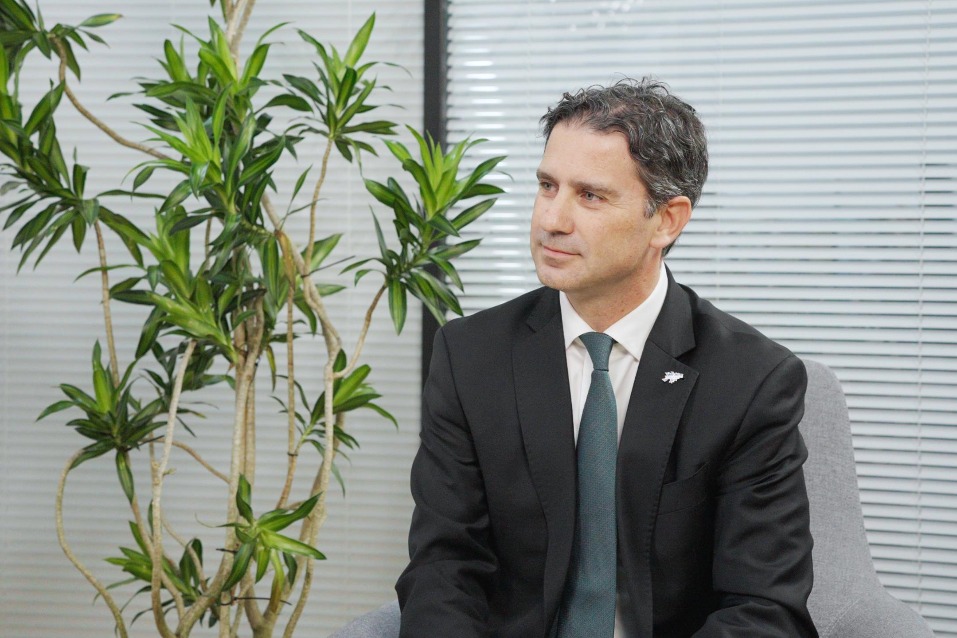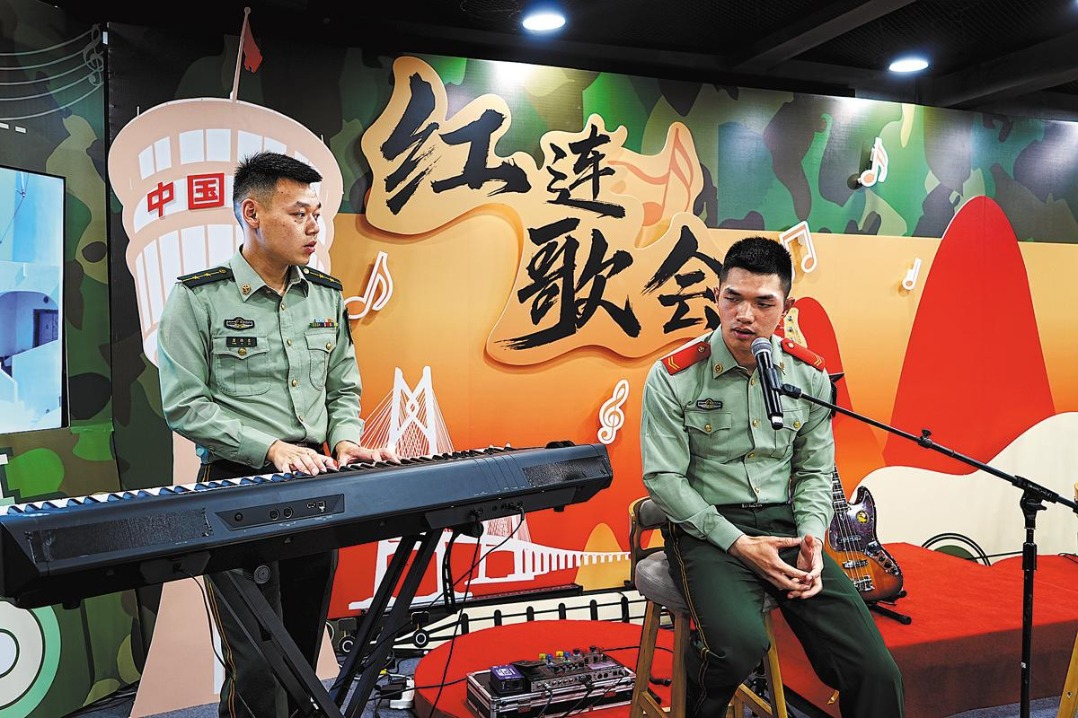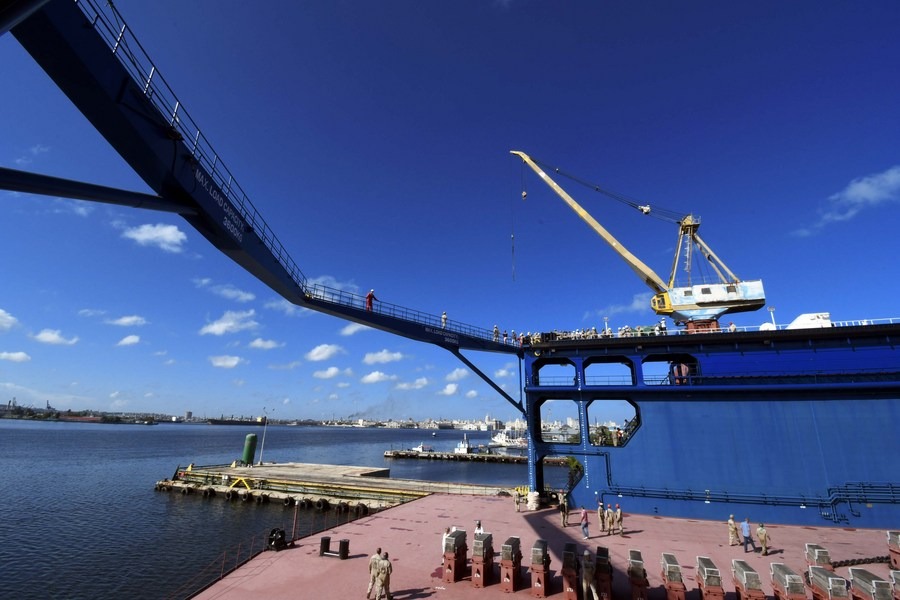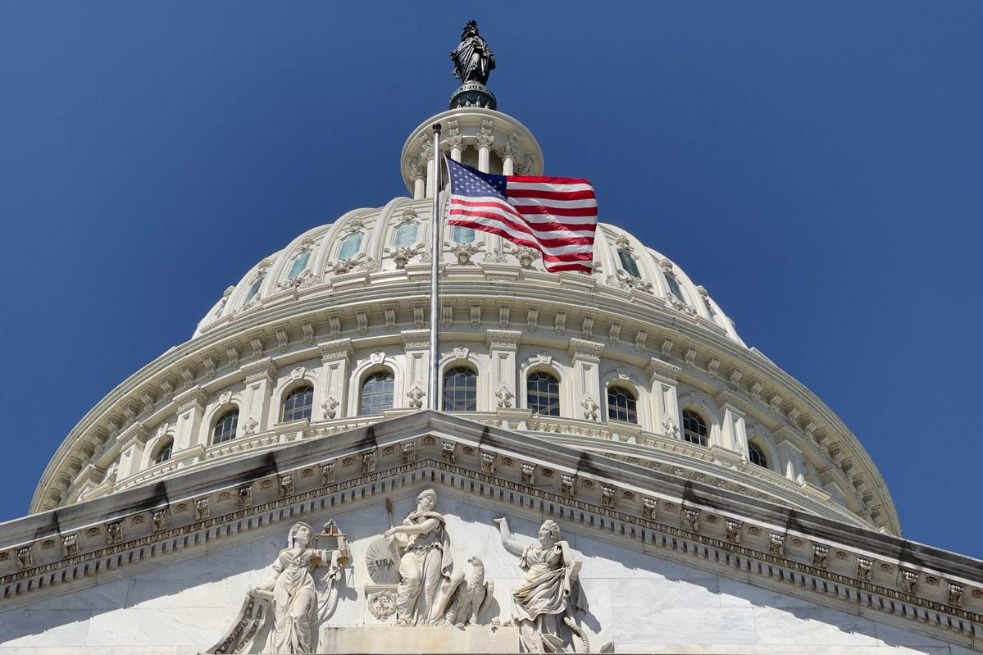Anti-mask law does not violate human rights


According to Hong Kong's Public Order Ordinance protesters can be prosecuted for unlawful assembly if they conduct themselves in a disorderly, intimidating, insulting or provocative manner intended to or likely to commit a breach of the peace. It is immaterial that the original assembly is lawful if being assembled they conduct themselves in such a manner, as they will then be guilty of unlawful assembly.
The Ordinance also states that any person taking part in an unlawful assembly who commits a breach of the peace is guilty of rioting.
However, the two offences require a high standard of evidence for conviction. A number of individuals have been arrested during the protests on these charges, but the Department of Justice has chosen not to prosecute due to insufficient evidence.
The "anti-mask" law that took effect on Oct 5, when the chief executive invoked the Emergency Regulations Ordinance for the first time in 52 years to make new regulations, introduces an absolute liability offence which prohibits the wearing of facial coverings during demonstrations that are likely to prevent identification. The ban applies regardless of the legal status of the assemblies, and anyone judged not to have a reasonable excuse or exemption for wearing a mask faces arrest and prosecution.
Although a person who commits an offence under the "anti-mask" law is only liable to imprisonment for one year, which is a relatively lenient criminal punishment compared to imprisonment of up to three years for the crime of unlawful assembly and imprisonment of up to 10 years for the crime of rioting, investigation, prosecution and conviction under the "anti-mask law" may take only a few months to complete instead of up to a year for offences under the Public Order Ordinance. Efficiency can be more effective than harsh punishment in terms of the law's deterrence effect.
It remains to be seen whether the new regulation can bring order back to the city, but simply criticizing it as a contravention of the current legal protections of rights and freedoms in the special administrative region is groundless.
Emboldened by anonymity, some radical protestors have not only wantonly destroyed public and private property, but also brutally attacked civilians and police officers, in some instances putting their victims lives at risk.
On the weekend, a police officer's neck was slashed and Hong Kong police said a homemade remote-controlled explosive device intended to "kill or to harm" police officers was detonated during the violent protests across the territory on Sunday.
It is the current situation in Hong Kong that made the Prohibition on Face Covering Regulation necessary. As Chief Executive Carrie Lam Cheng Yuet-ngor has said, Hong Kong is now "in rather extensive and serious public danger. It is essential for us to stop the violence and restore calmness in society".
Moreover, the new regulation only prohibits people from using face coverings to prevent identification at protests and assemblies. It does not deprive people of the rights to freedom of expression and peaceful assembly, as people can still participate in lawful assemblies and express their views in a peaceful manner. Hong Kong Secretary for Justice Teresa Cheng Yeuk-wah said the prohibition on face covering is proportionate to the legitimate aim of protecting public safety and public order.
The social unrest in Hong Kong has lasted for more than four months, with the territory experiencing the worst mayhem since riots in 1967. The government has a legal and moral duty to adopt all available legal measures to stop the escalating violence and restore order.
However, the Hong Kong government should understand that the current chaos stems fundamentally from local socio-economic problems. There is no way these underlying problems can be resolved on the streets, or by law enforcement alone. The government must continue to work with different sectors of society and improve its communication with the public.
In the meantime, the introduction of the Prohibition on Face Covering Regulation is an important measure to put an end to the violence and restore order.
The author is a researcher at the Center for Basic Laws of Hong Kong and Macao Special Administrative Regions, Shenzhen University. The views don't necessarily represent those of China Daily.

















